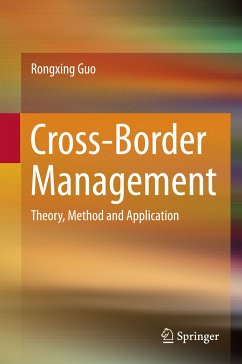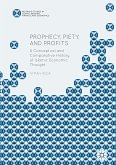This book presents a new approach to management in an increasingly interactive world. In this context, the use of the word "new" has two meanings. The first relates to a new definition of borders (which are natural, institutional, functional, or mixed); the second concerns the fact that the book applies (and, where necessary, develops) analytical tools, methods and models that are different from those used in other similar books. The objectives of this book are: to clarify whether existing management theories and methods can be effectively applied in an entity (which can be defined as a sovereign country, a region, a community, a culture, or a firm) as the latter increasingly interacts with the rest of the world; to develop qualitative and quantitative methods to help leaders make optimal decisions for their entity and, at the same time, to maximize the positive (or minimize the negative) effects of those decisions on the rest of the world; and to design workable cross-border cooperation plans and conflict-management schemes that allow policy-makers to better cope with the challenges and problems posed by our increasingly interactive world.
Dieser Download kann aus rechtlichen Gründen nur mit Rechnungsadresse in A, B, BG, CY, CZ, D, DK, EW, E, FIN, F, GR, HR, H, IRL, I, LT, L, LR, M, NL, PL, P, R, S, SLO, SK ausgeliefert werden.









